
Dermatology
Advertisement
Currently approved medications for moderate to severe hidradenitis suppurativa show good efficacy and safety.
Mole count and genetics strongly impact mole-linked melanoma risk, while sun exposure affects both melanoma types equally.
Living near green spaces may lower asthma risk prenatally but raise it in childhood, with mixed effects on allergies.
TikTok skin care trends for kids may promote costly, irritating routines with little sun protection, researchers warn.
Ucenprubart, a CD200R antibody, shows early promise for safely reducing inflammation in atopic dermatitis, per new study.
JAK inhibitors show promise for vitiligo treatment, improving skin repigmentation with a favorable safety profile.
The approval was supported by results from the pivotal ADEPT phase 2/3 trial, which assessed for safety and efficacy.
Pollution and climate extremes may raise atopic dermatitis risk in adults.
New research links ATP signaling to immune response in melanoma, helping predict which patients respond to immunotherapy.
Elevated risk for psoriasis was consistent across atopic dermatitis subgroups, including those without atopic comorbidities.
The protective effect of dog exposure early in life was seen in both cohort groups.
Adiposity may influence psoriasis through mechanisms separate from known genetic pathways.
Neurosteroids may play a central role in itch linked to atopic dermatitis.
Tiny particles in cow colostrum reduced eczema symptoms in mice, pointing to a potential new natural therapy.
AI model uses smartphone images to objectively track eczema severity.
Phase 3 trial shows ivarmacitinib is effective and safe for moderate to severe atopic dermatitis in teens and adults.
Researchers identified the pathologic and clinical characteristics of patients who experience disease relapse.
Study finds early lebrikizumab response in AD linked to lower inflammation—may guide personalized treatment plans.
Treatment with the drug demonstrated lesion and pain control in moderate to severe disease.
Symptomatic benefits of treatment on the severity of pustules, erythema, and scaling were observed.
Advertisement

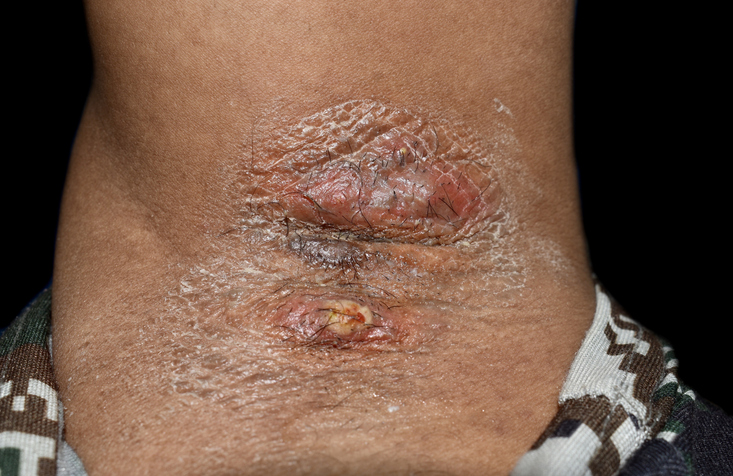
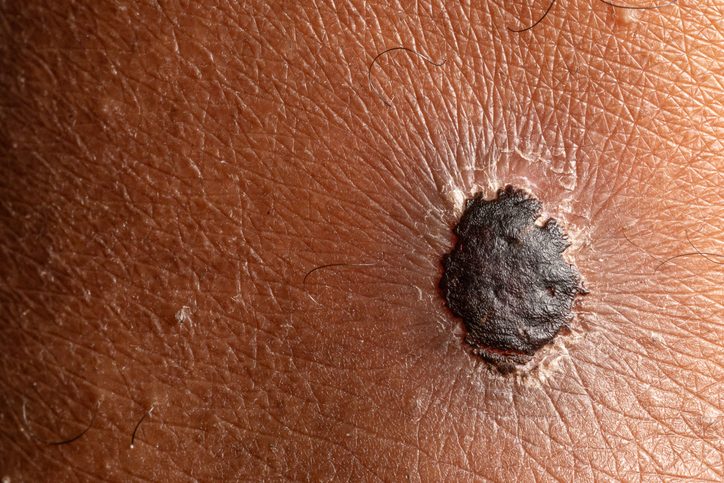


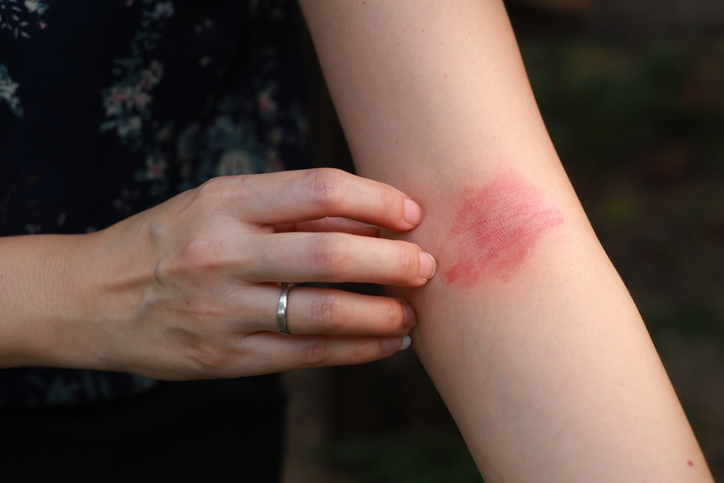

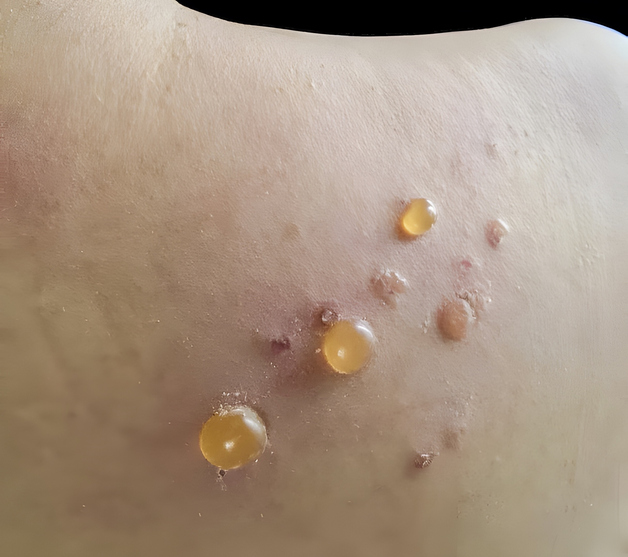

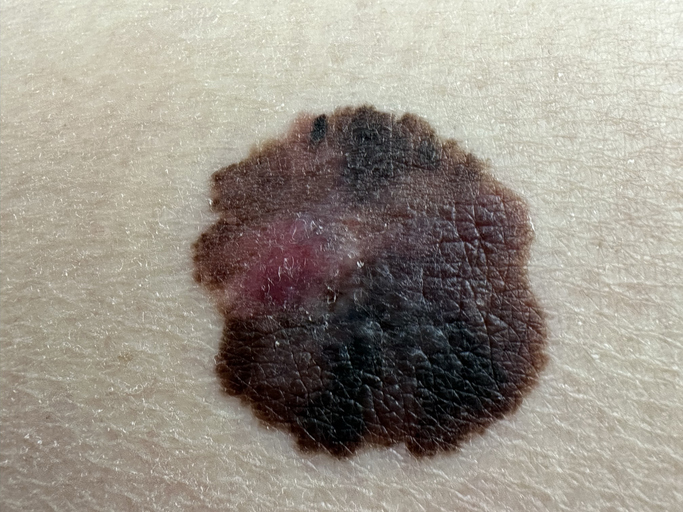



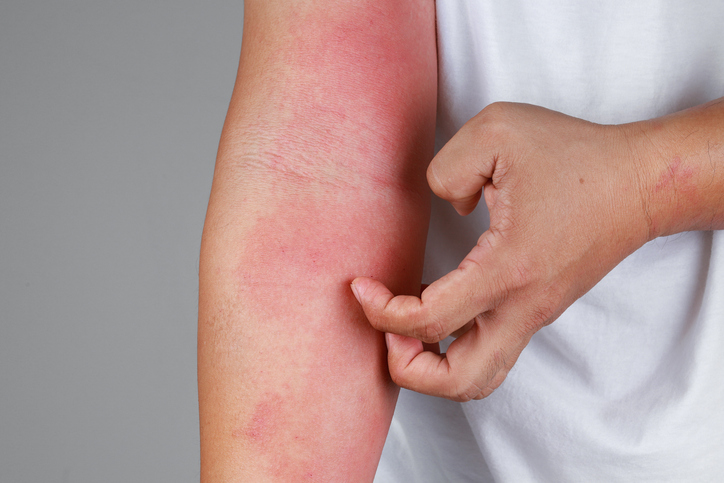
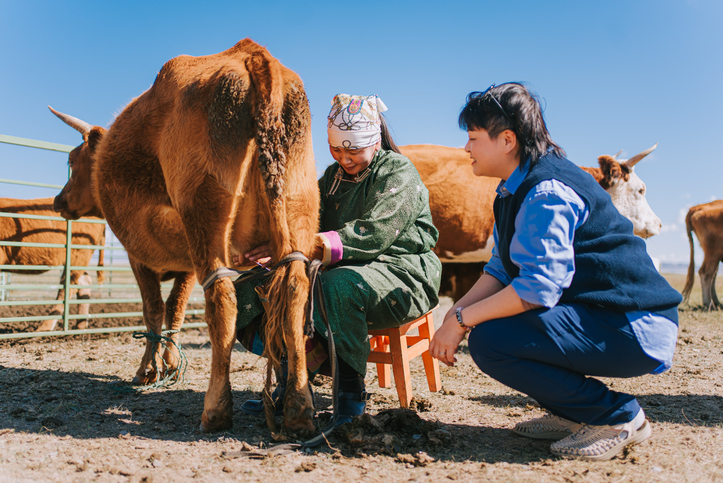

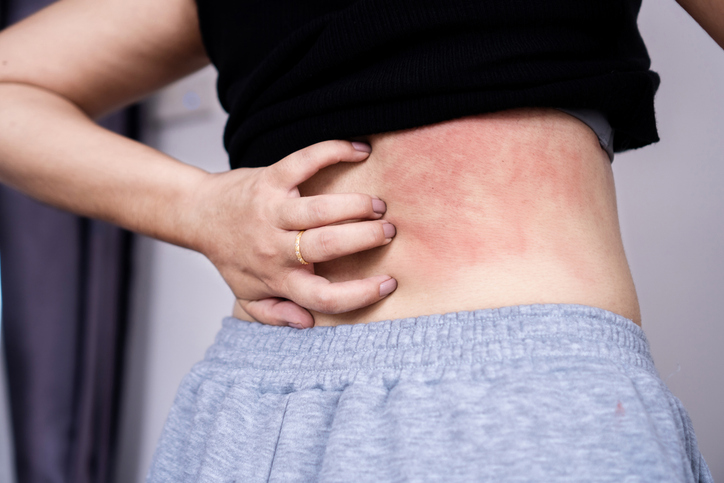
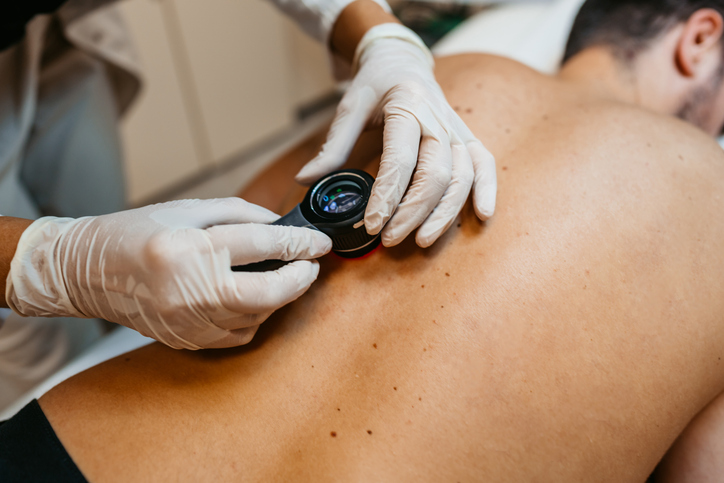
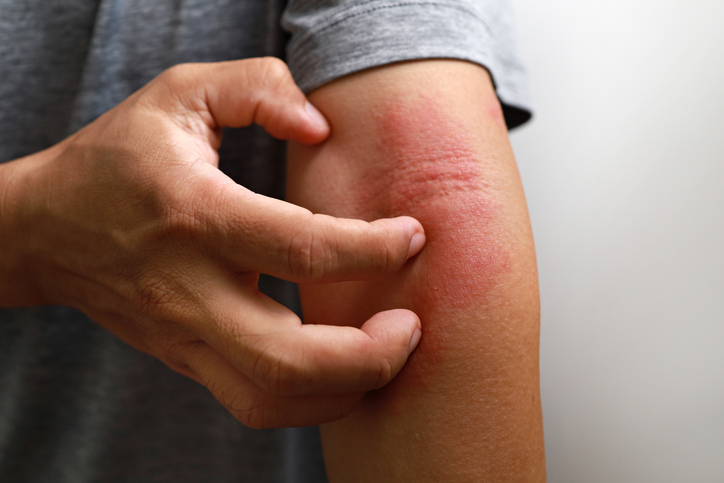
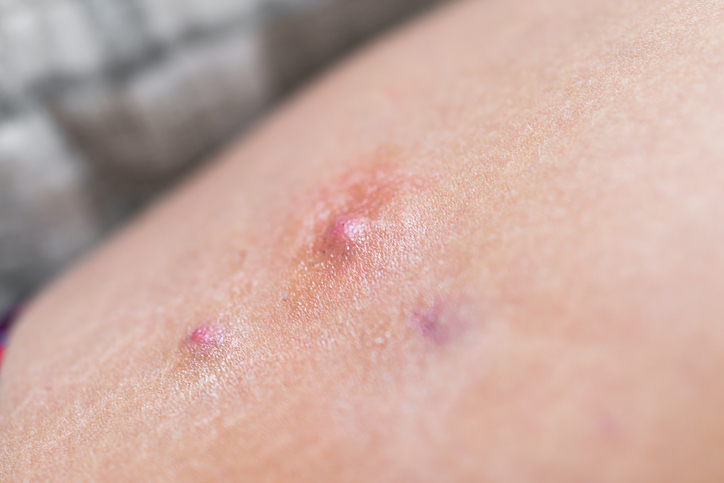
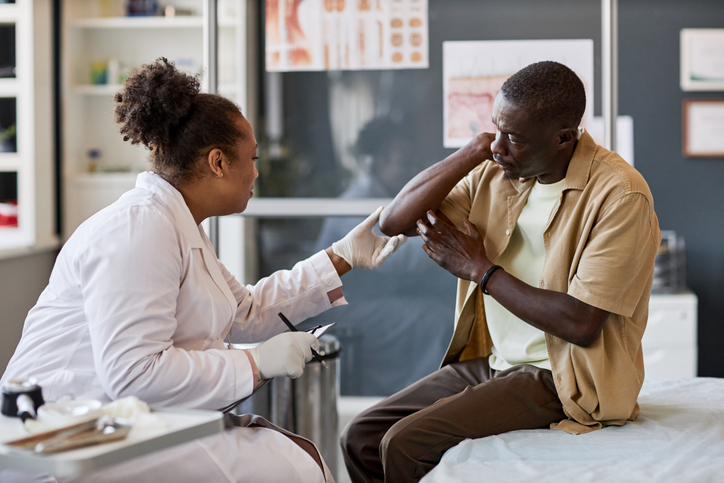

 © 2025 Mashup Media, LLC, a Formedics Property. All Rights Reserved.
© 2025 Mashup Media, LLC, a Formedics Property. All Rights Reserved.